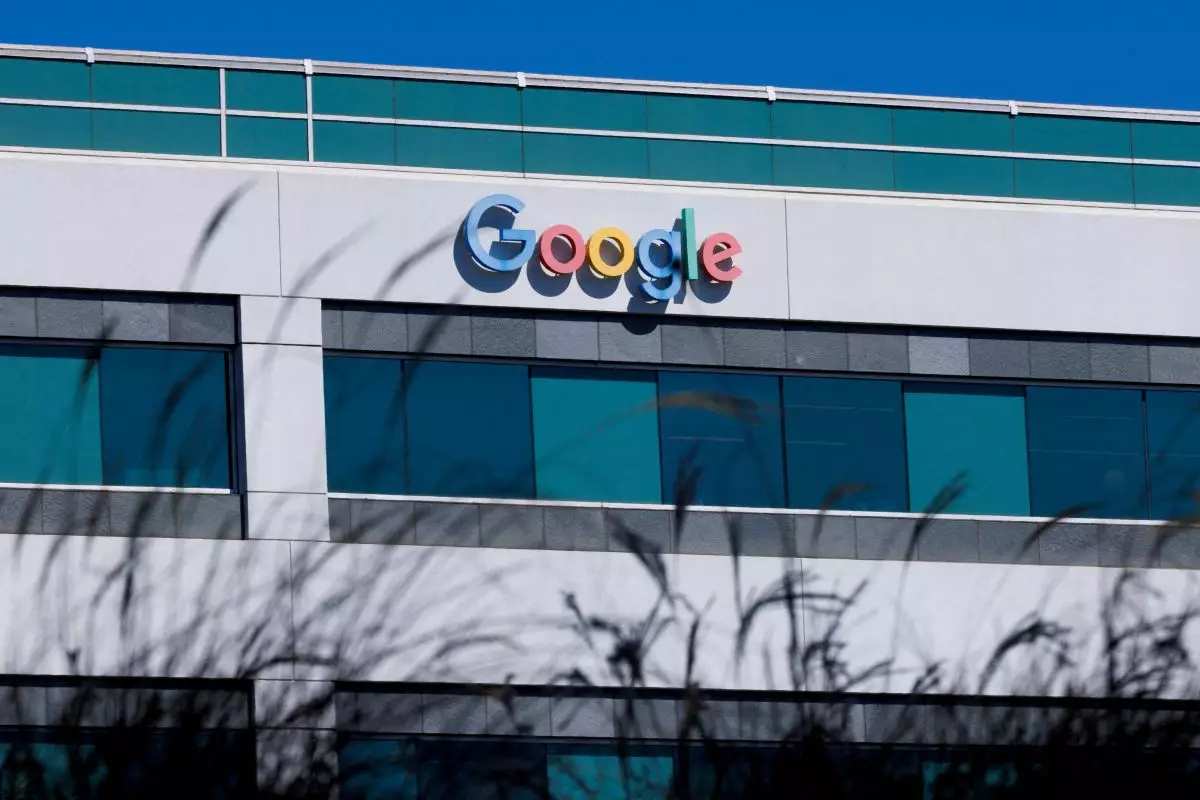The ongoing antitrust dispute between Google and Epic Games is stirring significant discourse regarding app distribution and competitive practices within the digital marketplace. Recently, U.S. District Judge James Donato from California made a pivotal decision to temporarily pause his previous order requiring Google to modify its Android app store, Google Play. This order was intended to diversify consumer choices for software downloads and enable more egalitarian competition in the app ecosystem. The case surfaces amid allegations from Epic, the creator of the popular game “Fortnite,” claiming that Google has monopolized the distribution of apps and payment processes on Android devices.
The pause granted by Judge Donato is not merely a procedural delay; it is a significant determinant of the future framework of app distribution on Android. Google’s arguments against the injunction revolve around potential safety, security, and privacy threats that could arise from opening the platform to competing services. These concerns raise critical questions about the balance between promoting competition and ensuring user safety in a complex digital landscape. By allowing the 9th U.S. Circuit Court of Appeals to review the case, Judge Donato has opened the door for deeper judicial scrutiny of the arguments presented by both parties.
In a statement following Judge Donato’s ruling, Epic Games characterized the court’s decision as merely procedural and reaffirmed its stance that Google’s appeal lacks merit. Epic accused Google of resorting to “fearmongering” tactics under the guise of security risks, arguing that the tech giant seeks to preserve its market dominance and continued revenue extraction. This contention highlights the contentious nature of this legal battle, where both parties present conflicting narratives regarding user safety and competitive integrity.
The conflict between Google and Epic reflects a larger trend in the technology industry—intensifying scrutiny over monopolistic practices by major tech companies. A jury had previously found Google in violation of antitrust laws by unlawfully monopolizing app downloads and in-app transactions. The judge’s order incorporated elements proposed by Epic in response to the jury’s findings, including enabling customers to access alternative app stores and payment methods. This evolution in the legal landscape suggests a potential shift toward more democratic practices in app distribution, aimed at fostering competition within the industry.
As the legal tug-of-war continues, both parties appear poised to present strong arguments in the forthcoming appeals process. Google maintains that its practices reflect competitive dynamics with similar platforms, such as Apple’s App Store, while Epic remains adamant about the need for fair competition. This case not only holds implications for the immediate parties involved but could also serve as a bellwether for future antitrust rulings in the tech sector. Ultimately, the resolution of this dispute may redefine the boundaries of business practices in the mobile ecosystem, setting a precedent for how major tech companies interact with developers and consumers alike.

